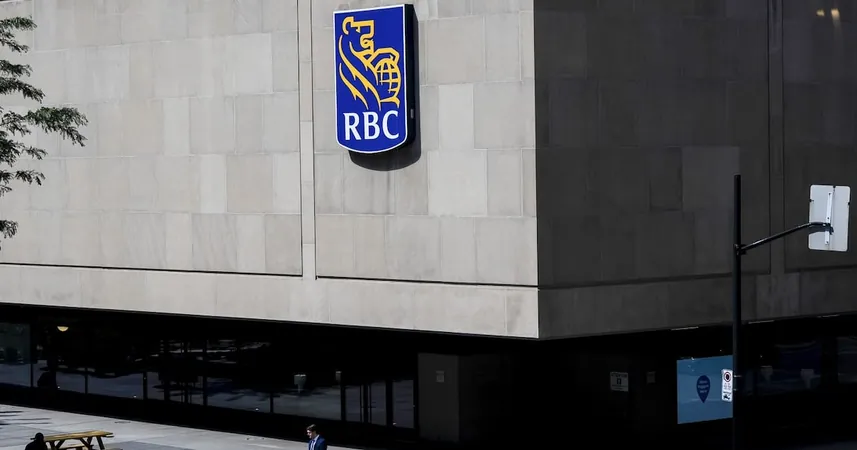
Tipping Dilemma: Are Canadian Youth Ready to Say Goodbye to Gratuities?
2025-08-23
Author: Charlotte
EDMONTON — For many young Canadians, the tipping culture has become a frustrating dilemma. Ren Alva, a 22-year-old university student from Edmonton, has always believed in rewarding good service. But his recent experience at a U-pick berry farm left him questioning the logic of tipping when he and his friends did all the work.
"We did the picking ourselves," Alva remarked, baffled. "They didn’t have to do anything, so why should I tip?" This sentiment resonates with others like Jacob Burris from Saint John, N.B., who believes tipping should reflect the quality of service, not just be a default expectation.
As Canada's cost of living continues to skyrocket, many youth are reaching their limit with tipping expectations. A recent survey by H&R Block Canada reveals that the majority of Canadians aged 18 to 34 feel that the tipping culture has spiraled out of control, with many reporting increasingly high gratuity requests across various service sectors.
A staggering 1,790 respondents participated in the study, echoing frustrations about the constant tipping prompts popping up in everyday places, from coffee shops to wellness clinics. Yannick Lemay, a tax expert from H&R Block, noted that even when Canadians feel uncomfortable tipping, social pressure often compels them to do so.
University student Aditi Roy, who grew up in China and Hong Kong, chimed in, saying, "It’s ridiculous to have to tip up to 20 percent. But if I don’t, I feel terrible for it." She highlighted the stark contrast in tipping practices between Canada and many Asian countries, where service fees cover worker compensation.
While a faction advocates for a change, others argue for the continuation of tipping. Milly Squires, a recent university graduate with six years of waitressing experience, maintains that she tips as part of a pool system where servers share their tips with other staff. Her perspective reveals a complex network behind the scenes that many diners aren’t aware of.
In contrast, Burris suggests Canada could benefit from adopting European tipping models, which often incorporate service fees instead of gratuities. Roy supports this idea but emphasizes the need for a more significant overhaul.
"Pay these people what they deserve, so they don’t have to rely on tips," she said, highlighting the troubling economic reality where wages stagnate as living costs rise. "It creates this frustrating mess for everyone involved."
As conversations about the future of tipping intensify, one thing is clear: Canada’s youth are challenging the status quo and calling for a more fair and transparent system.









 Brasil (PT)
Brasil (PT)
 Canada (EN)
Canada (EN)
 Chile (ES)
Chile (ES)
 Česko (CS)
Česko (CS)
 대한민국 (KO)
대한민국 (KO)
 España (ES)
España (ES)
 France (FR)
France (FR)
 Hong Kong (EN)
Hong Kong (EN)
 Italia (IT)
Italia (IT)
 日本 (JA)
日本 (JA)
 Magyarország (HU)
Magyarország (HU)
 Norge (NO)
Norge (NO)
 Polska (PL)
Polska (PL)
 Schweiz (DE)
Schweiz (DE)
 Singapore (EN)
Singapore (EN)
 Sverige (SV)
Sverige (SV)
 Suomi (FI)
Suomi (FI)
 Türkiye (TR)
Türkiye (TR)
 الإمارات العربية المتحدة (AR)
الإمارات العربية المتحدة (AR)